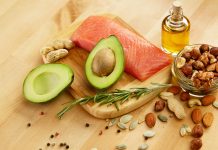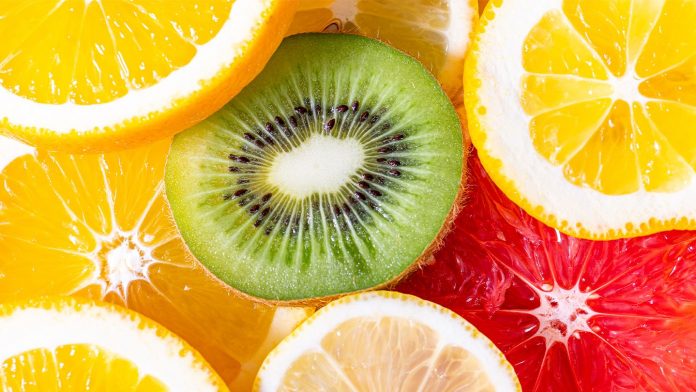Are you getting enough vitamin C in your diet? You might think you eat a healthy diet, but according to the National Health and Nutrition Exam Survey, a review found almost 7% of women and 10% of men are deficient in vitamin C. What signs should you look for that suggest you’re not getting enough vitamin C?
You Get Sick Often
Vitamin C is an antioxidant, which protects cells from oxidative stress and helps your body fight infections. This antioxidant vitamin also helps with wound healing and supports healthy collagen production. Collagen is a protein that helps keep your joints healthy and your skin firm and wrinkle-free.
If you’re catching every respiratory infection and virus that comes around, you might need more vitamin C in your diet. Also, if you’re not eating fruits and vegetables, one of the best sources of vitamin C, your body may be crying out for vitamin C.
You can’t store vitamin C, so you need to get some in your diet daily. Vitamin C may help you avoid the latest viruses, but it’s also important to rule out other causes of increased susceptibility to infection with blood work and a physical exam.
You’re Tired All the Time
One possible sign that you need more vitamin C is fatigue. If you’re feeling tired all the time and haven’t changed anything in your diet or lifestyle recently, it may be due to low levels of vitamin C in your body and the early stages of scurvy. However, there are many causes of fatigue. If you’re feeling tired, see your physician for an exam and bloodwork to determine the cause of your tiredness and whether you need more vitamin C.
Your Gums Are Bleeding
Vitamin C is a powerful antioxidant that can help prevent gum disease. One study found that people low in vitamin C were 1.16 times more likely to experience bleeding gums. Gum bleeding can also be a sign of scurvy, a vitamin C deficiency disease. If you have bleeding gums, eat more vitamin C-rich foods but also see your dentist to rule out gum disease.
You’re Bruising Easily
If you’ve noticed more bruises than usual, vitamin C deficiency could be to blame. The vitamin helps with blood clotting and keeps the body’s tissues strong. If you don’t have enough of it in your system, it can lead to easy bruising. So, if getting bumped while going through your morning routine leaves behind that dreaded black-and-blue mark, consider increasing your intake. It may take a few weeks for your body to absorb enough vitamin C from foods or supplements. A low platelet count is another cause of bruising, so get a full check-up and a blood count before assuming you’re deficient in vitamin C.
Slow Healing Wounds
If you’re struggling to heal from surgery, cuts, or other wounds, consider adding more vitamin C to your diet. Studies show that over half of patients who were given high doses of vitamin C after surgery recovered more quickly than those who weren’t taking the supplement.
Vitamin C helps maintain healthy collagen, a protein that keeps skin smooth and elastic. Without enough vitamin C, you don’t produce enough new collagen as you age — that’s why older people often have wrinkles on their faces and hands. So, if you want young-looking skin (and who doesn’t?), make sure you’re getting plenty of fruits like kiwis or oranges.
Your Joints Ache
Joint pain is one of the most common signs of vitamin C deficiency. It can affect any joint, but it’s most common in the knees and hips. Why does vitamin C deficiency cause joint aches? Vitamin C helps build healthy collagen for joint support. When you don’t consume enough, your joints may suffer. Symptoms include painful joints when you move, stiffness, swelling and bruising around your joints, and aching muscles or tendons close to your joints.
If you have these symptoms, it’s important to see a doctor because they might be caused by something else, like one of the more than 100 types of arthritis. But make sure you’re getting enough vitamin C in your diet to keep your joints healthy,
Skin Changes
If you have a vitamin C deficiency, you may have some skin changes that are easy to spot. The most common symptoms of low vitamin C levels in the body include:
Red or discolored patches on your skin
Bruising easily, especially in places where there are normally no bruises (like the insides of elbows)
Dryness and cracking of the corners of your mouth
These symptoms usually go away when you increase your intake. If not, there’s likely another cause. You can get more vitamin C from foods like citrus fruits and bell peppers, or from vitamin C supplements.
Conclusion
If you’re noticing any of these symptoms, be aware that vitamin C deficiency could play a role. Even if you don’t have these signs or symptoms, ensure you’re getting enough vitamin C in your diet by eating lots of vitamin C-rich produce.




























